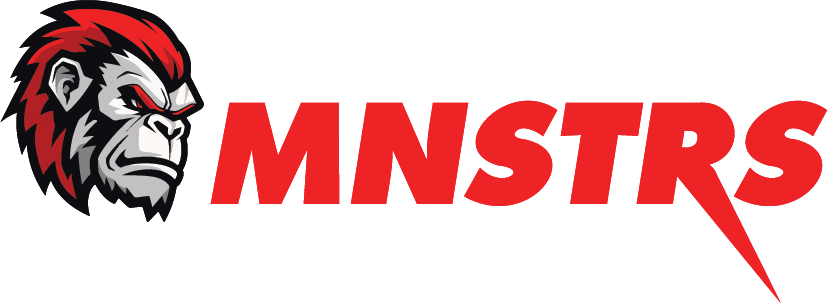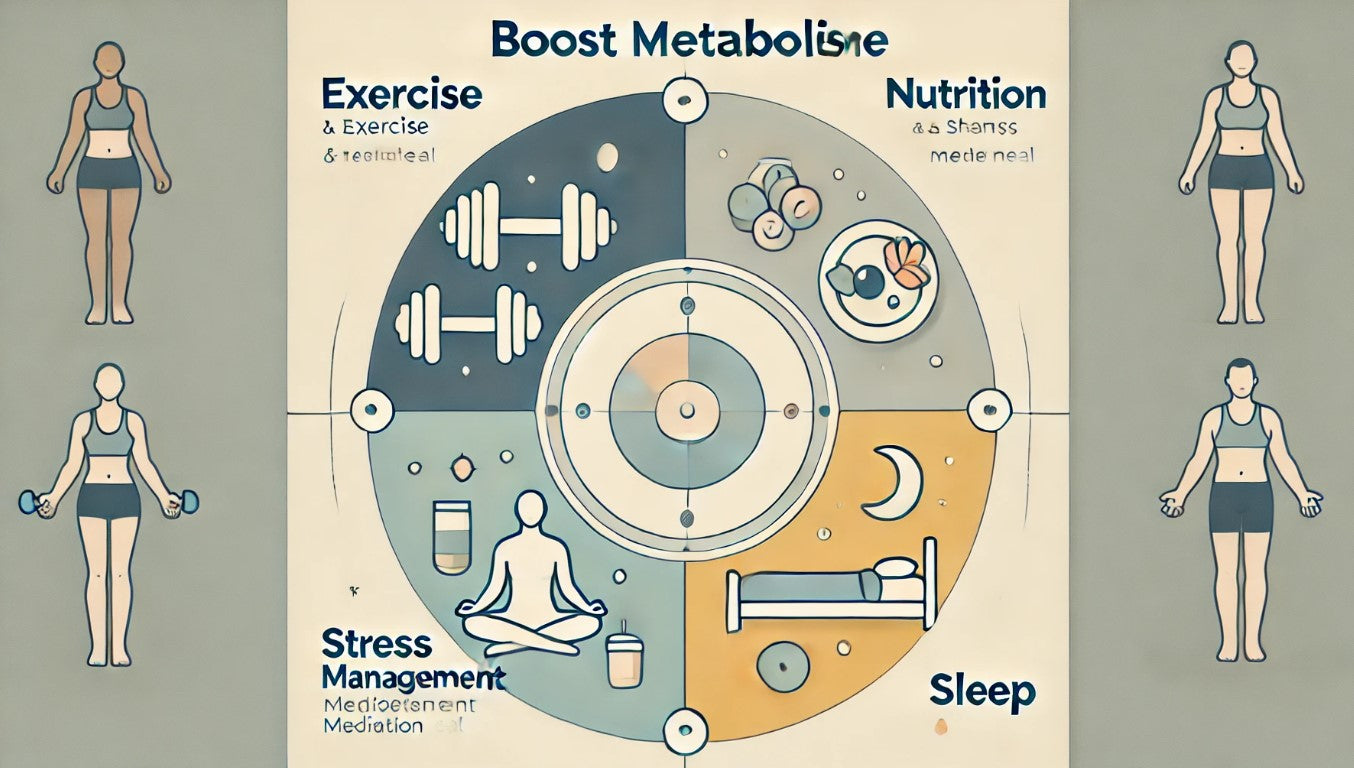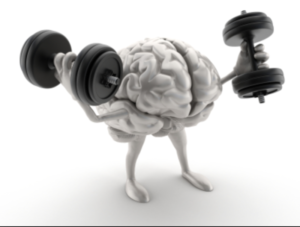When you do fitness, you often hear statements like "I just have a slow metabolism" or "he can eat anything, his metabolism is super fast." But what does that really mean? And how do you find out what kind of metabolism you have so you can tailor your training and nutrition accordingly?
What exactly is metabolism?
Metabolism, or metabolism, is the process by which your body uses energy to function — from breathing to doing squats. There are three main components:
- Basal metabolism (BMR): the energy you use at rest.
- Activity level: all movement and exercise you do.
- Thermic effect of food (TEF): energy your body uses to digest food.
Different types of metabolism
Although everyone is unique, you can broadly classify people based on their metabolic type. You often hear these three types (originally from the somatotypes):
- Ectomorph: fast metabolism, hard to gain weight, slim body.
- Mesomorph: average metabolism, builds muscle quickly, athletic.
- Endomorph: slower metabolism, easier fat storage, rounder build.
Note: these are not hard rules, but guidelines.
How do you find out which metabolism you have?
Here are 5 practical ways to better understand your metabolism:
1. Check your body type
- Are you naturally slim and struggle to gain weight? -> Ectomorph
- Do you gain and lose weight easily? -> Mesomorph
- Does your body store fat quickly, even when eating little? -> Endomorph
2. Track your nutrition and weight
Use apps like MyFitnessPal or Cronometer. Eat consistently for a week, track your calorie intake, and see if you lose, gain, or maintain weight. This gives you an idea of your maintenance level (maintenance calories).
3. Watch your energy levels
- Quickly tired, slow recovery after workouts? Possibly slower metabolism.
- Lots of energy, quick recovery? Then your metabolism might be more active.
4. Test your BMR (basal metabolism)
There are online calculators (like Mifflin-St Jeor) that estimate your BMR based on age, weight, height, and gender. For accuracy, you can also have a metabolic test done at a sports medical center.
5. Observe how your body reacts to bulking/cutting
- Struggling to gain weight despite eating a lot? Faster metabolism.
- Gaining weight quickly with a small calorie surplus? Slower metabolism.
What can you do with that info?
Once you know how your metabolism works, you can train and eat smarter:
- Ectomorph? Go for calorie-dense foods, strength training with lower reps and focus on recovery.
- Mesomorph? You have it easy. Pay attention to balance and vary your workouts.
- Endomorph? Choose a slight calorie deficit, combine strength with cardio, and keep your nutrition tight.
Finally
Your metabolism is not your fate – it's a starting point. With the right strategy, you can train any body type towards your goals. The key? Awareness, consistent measurements, and smart adjustments.
Need help determining your calorie needs or a custom plan? Let me know, and I'll help you further!



